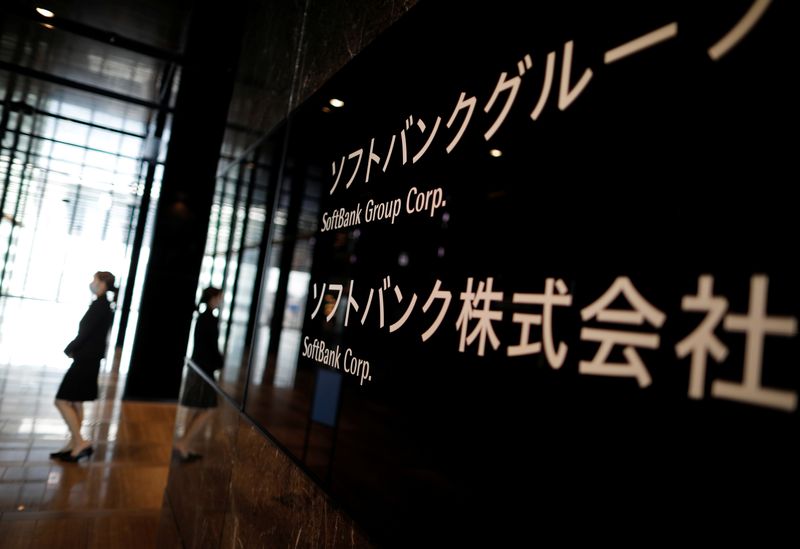This post was originally published on this site
https://i-invdn-com.akamaized.net/trkd-images/LYNXMPEG8C0JP_L.jpg
The discussions are driven by frustrations over the continuous discount in SoftBank’s equity valuation compared with the value of its individual holdings, which continues even after an asset sale programme tried to close that gap, the FT said, citing people familiar with the matter.
A SoftBank spokeswoman declined to comment on the FT report when contacted by Reuters.
Shares in SoftBank, which is led by billionaire Masayoshi Son, on the Tokyo Stock Exchange are down a little over 10% so far in 2020 and are trading at 1,307.50 yen. This is a steeper fall than Japan’s Nikkei 225 Index (N225) and below the 1,500 price at which it sold units in its 2018 initial public offing (IPO).
The IPO nearly two years ago, still Japan’s biggest-ever stock market listing, was widely regarded at the time as finalizing the group’s transition from domestic telecommunications company to a monolithic global tech investor.
Yet since then SoftBank has faced a host of challenges including losses on investments made by its $100 billion Vision Fund, activist pressure from hedge fund Elliott Management and questions regarding significant option purchases during the recent run-up in the U.S. stock market.
The talks on taking SoftBank private have been speeded up due to number of fundamental changes to SoftBank’s business strategy to become a long-term investor in businesses rather than a manager of companies, according to the FT.
SoftBank’s recent investment track record has been checkered, including a particularly large bet on the prospects of shared office provider WeWork, resulting in SoftBank reporting an $18 billion loss at the Vision Fund in May, pushing the conglomerate to a record loss.
SoftBank is nearing a deal to sell British chip designer Arm Holdings, which it bought for $32 billion in 2016, to Nvidia Corp (O:NVDA) for more than $40 billion, Reuters reported on Saturday.

